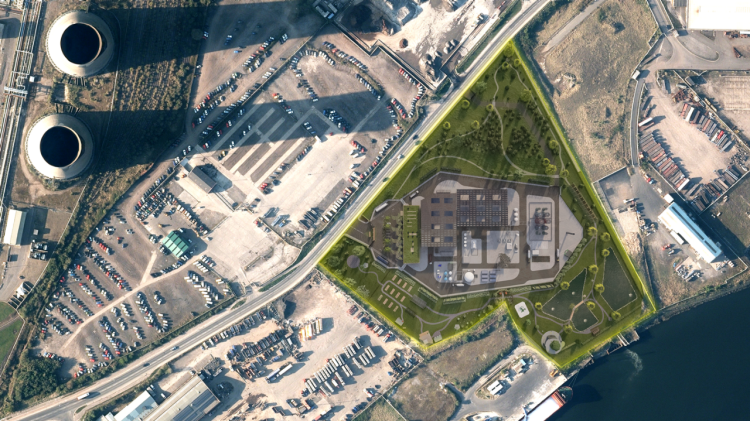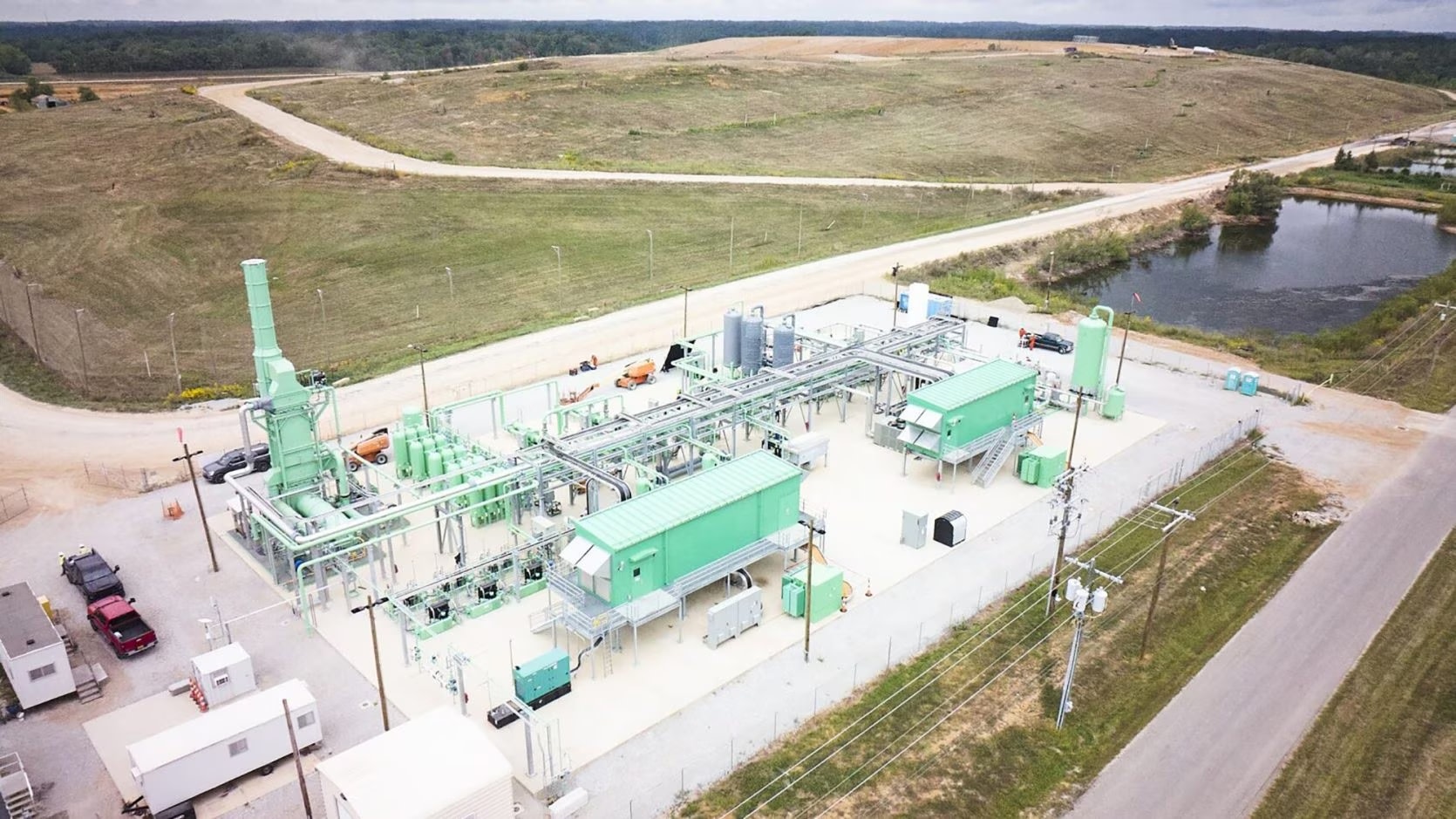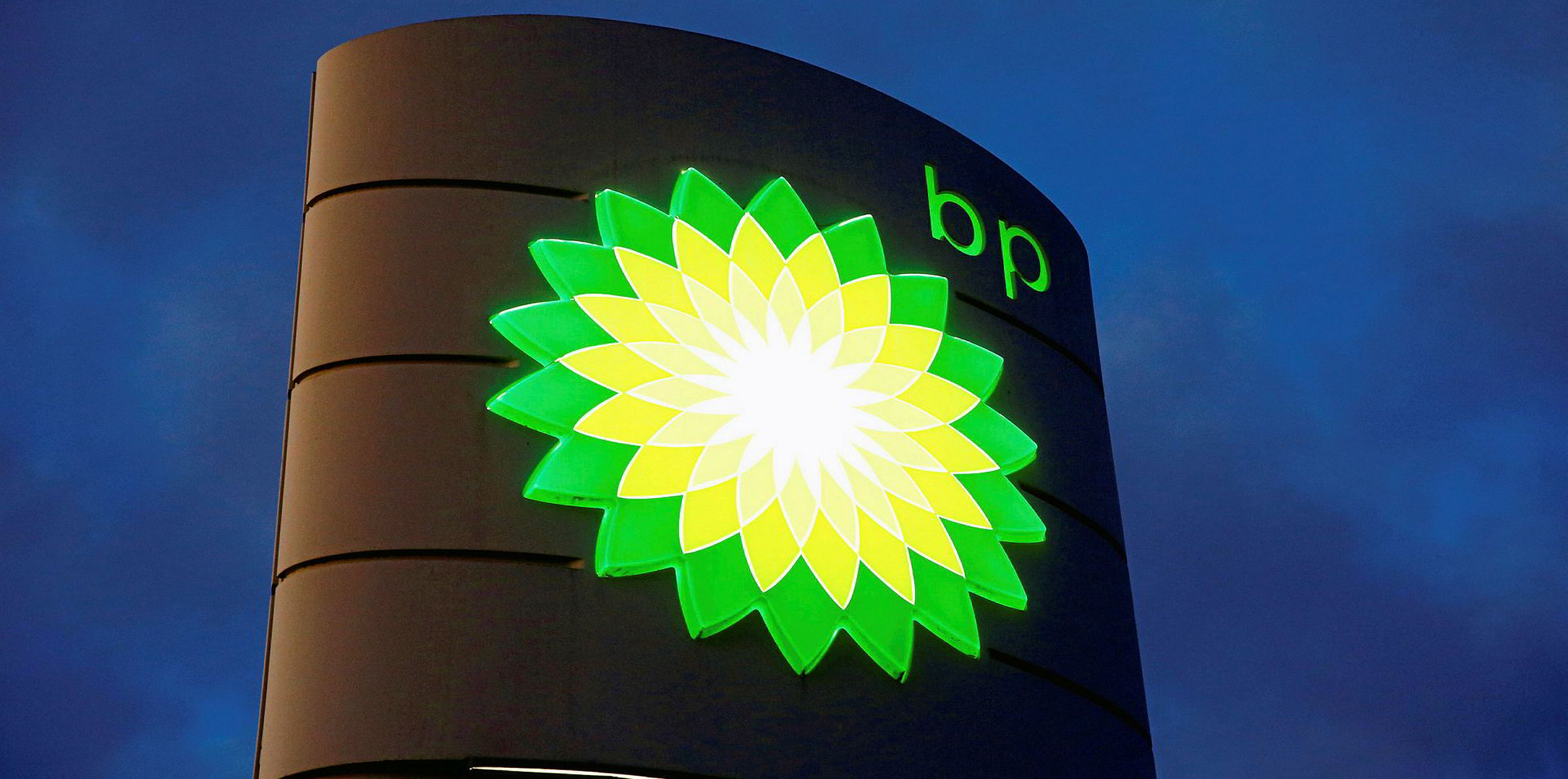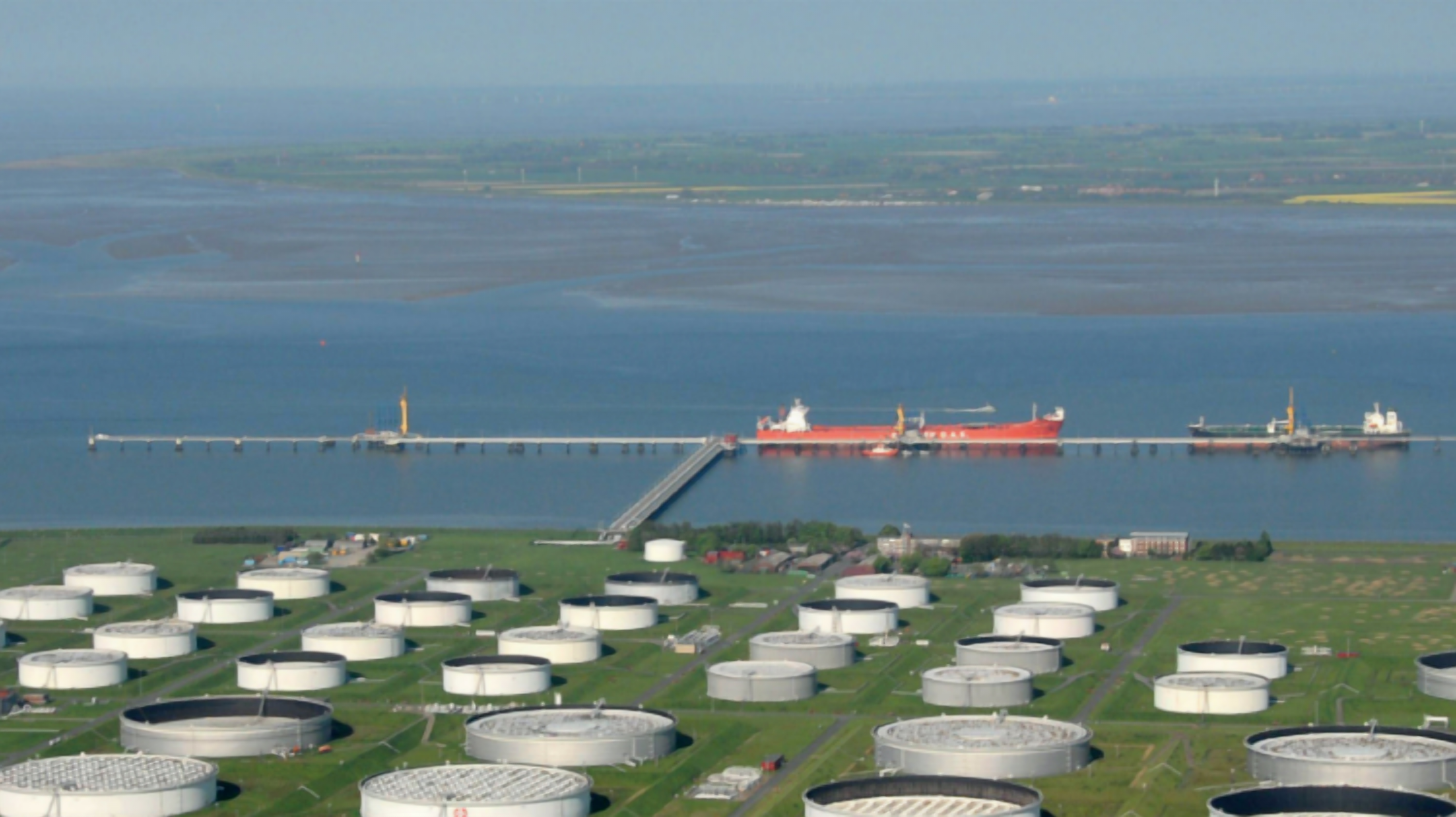bp and Clean Planet Energy Enter Agreement to Advance Circular Plastics Economy
bp PLC

Clean Planet Energy, a UK-based firm constructing facilities to convert hard-to-recycle waste plastics into circular petrochemical feedstocks and ultra-low sulphur diesel, has struck a ten-year offtake agreement with BP (ULSD).
Clean Planet Energy creates ecoPlants, which are facilities that are designed to handle plastics usually rejected by standard recycling centres and would otherwise end up in landfills or incinerated.
Under the terms of the new arrangement, bp will initially get the output of Clean Planet Energy's first facility, which is now under development in Teesside, England. The Teesside project is designed to convert 20,000 tonnes of waste plastics into naphtha and ULSD per year.
The naphtha can be used as a feedstock in circular plastics value chains, which aligns with BP's goal of unlocking new sources of value through circularity by extending the life of products and resources. Clean Planet Energy will allow BP to grow its connection by offloading products from future operations outside of Teesside.
BP is already leading a series of big hydrogen and carbon capture and storage projects in and around Teesside, which will help the region's businesses decarbonise.
Clean Planet Energy is currently developing 12 of its ecoPlants around the world. The company hopes to divert 250,000 tonnes of difficult-to-recycle waste plastic from landfills and the environment each year from these facilities alone, creating more than 700 green jobs in the community.
Later this year, Clean Planet Energy hopes to announce other ecoPlants in the UK, EU, Southeast Asia, and the Americas.
Source: bp






